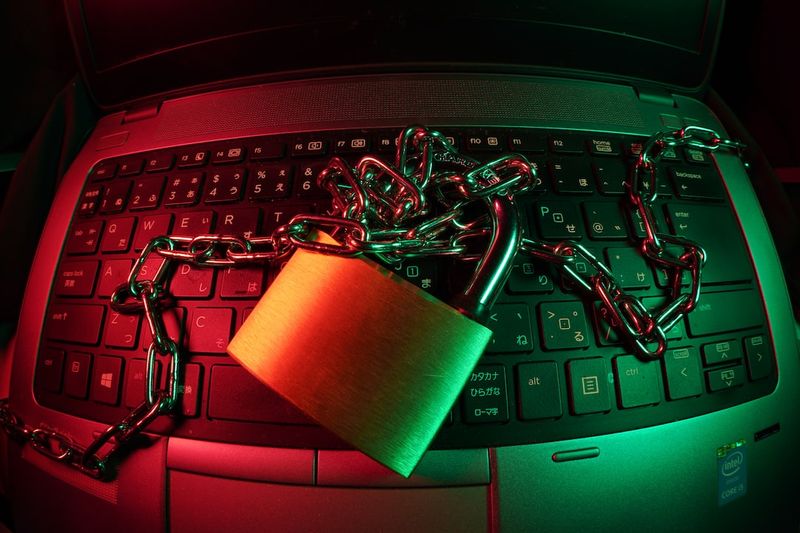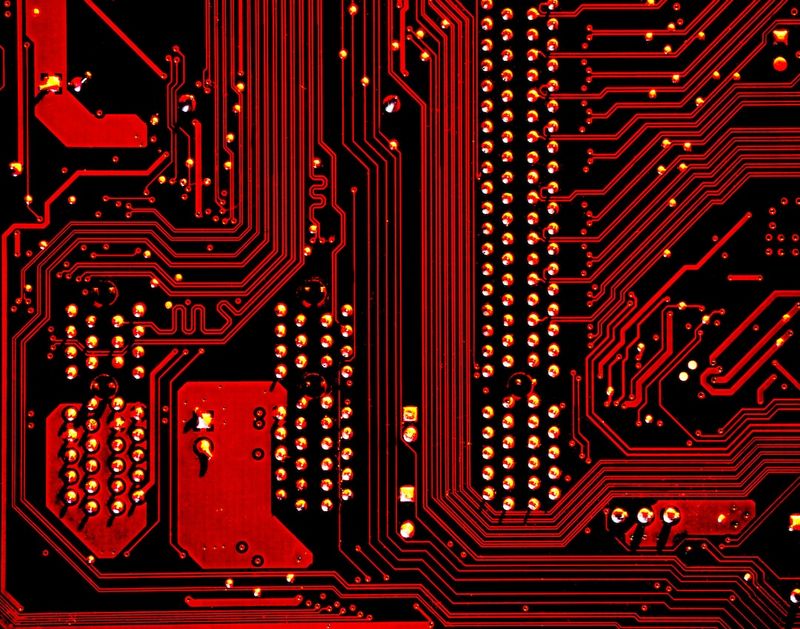Cybercrime: CoinsPaid Blames North Korean Hackers for $37 Million Cryptocurrency Heist
Introduction
In the latest incident of cybercrime, CoinsPaid, a cryptocurrency payments firm based in Estonia, has reported a theft of approximately $37 million in cryptocurrency. The company believes that a North Korean hacking group called Lazarus is likely responsible for the attack. This cyberattack involved a combination of social engineering, aggressive bribery attempts, and attacks on internet-accessible applications.
The Attack and its Impact
CoinsPaid has disclosed that the attackers used a combination of techniques to breach their systems, including social engineering, aggressive bribery attempts targeting critical personnel, and attacks on various internet-accessible applications. The attackers were able to identify a vulnerable application that was not directly involved in service provision, which allowed them to compromise CoinsPaid’s infrastructure supporting transactions and manipulate transaction data.
Fortunately, CoinsPaid was able to detect the attack and address the vulnerability before the attackers could steal more funds. The company claims that client funds were not affected by the incident. However, the attack did impact the availability of the platform, and CoinsPaid had to suspend automatic transactions and migrate their systems to new infrastructure. The company has restored normal operations and resumed processing transactions, but it expects a negative impact on its revenue as a result of the incident.
The Lazarus Group and Previous Cybercrimes
The Lazarus Group, believed to operate on behalf of the North Korean government, has been involved in multiple high-profile cryptocurrency thefts in recent years. It is estimated that the group has stolen over $1 billion in crypto assets in the past two years alone. Lazarus has been linked to various attacks, including the $100 million Horizon Bridge heist, the $35 million theft from Atomic Wallet, and the $23 million heist at payment processor Alphapo.
Philosophical Discussion: The Blame Game
When cybercrimes like this occur, it is common for the affected entity to attribute blame to a particular group or nation-state. In this case, CoinsPaid has pointed fingers at Lazarus, a North Korean hacking group. However, attribution in the world of cybercrime is a complex and challenging task. It is often difficult to definitively identify the true culprits behind such attacks, as hackers tend to disguise their actions and use various techniques, including false flags, to misdirect investigators.
Editorial: Strengthening Cybersecurity Measures
This incident once again highlights the urgent need for stronger cybersecurity measures in the digital age. As the use of cryptocurrencies continues to grow, the attractiveness of these platforms as targets for cybercriminals also increases. Companies operating in this space must prioritize security and ensure that their systems are robust enough to withstand sophisticated attacks.
It is essential for cryptocurrency payment firms like CoinsPaid to regularly assess and enhance their security protocols, including implementing multi-factor authentication, conducting regular vulnerability assessments, and employing encryption technologies to protect sensitive user data. Additionally, organizations should invest in employee training and awareness programs to mitigate the risk of social engineering attacks.
Advice: Protecting Yourself in the Digital World
For individuals interested in engaging with cryptocurrencies or conducting online financial transactions, it is crucial to adopt proactive measures to protect personal information and assets. This includes:
1. Using strong, unique passwords and implementing two-factor authentication on all online accounts.
2. Keeping software and operating systems up to date to ensure the latest security patches are implemented.
3. Being cautious of phishing attempts and other social engineering tactics that may trick you into revealing personal information.
4. Regularly monitoring financial transactions and account activity for any suspicious or unauthorized activity.
5. Storing cryptocurrency assets securely in offline wallets or hardware devices.
6. Educating oneself about the risks and best practices associated with cryptocurrencies and online financial transactions.
It is also advisable to consider the reputation and security measures of the platforms and services used for conducting transactions. Choosing reputable and well-established companies with a strong track record of security is crucial to minimize the risk of falling victim to cybercriminals.
Conclusion
The $37 million cryptocurrency heist at CoinsPaid serves as a reminder of the persistent threat posed by cybercriminals in the digital age. As the world becomes increasingly interconnected and reliant on digital financial systems, it is imperative for organizations and individuals to prioritize robust cybersecurity measures. The incident reinforces the need for continuous monitoring, improvement, and investment in security technologies and practices to protect personal data and financial assets in an ever-evolving threat landscape.

<< photo by Sigmund >>
The image is for illustrative purposes only and does not depict the actual situation.




